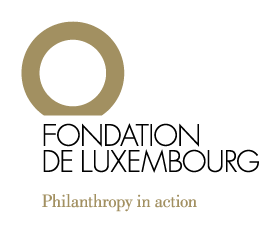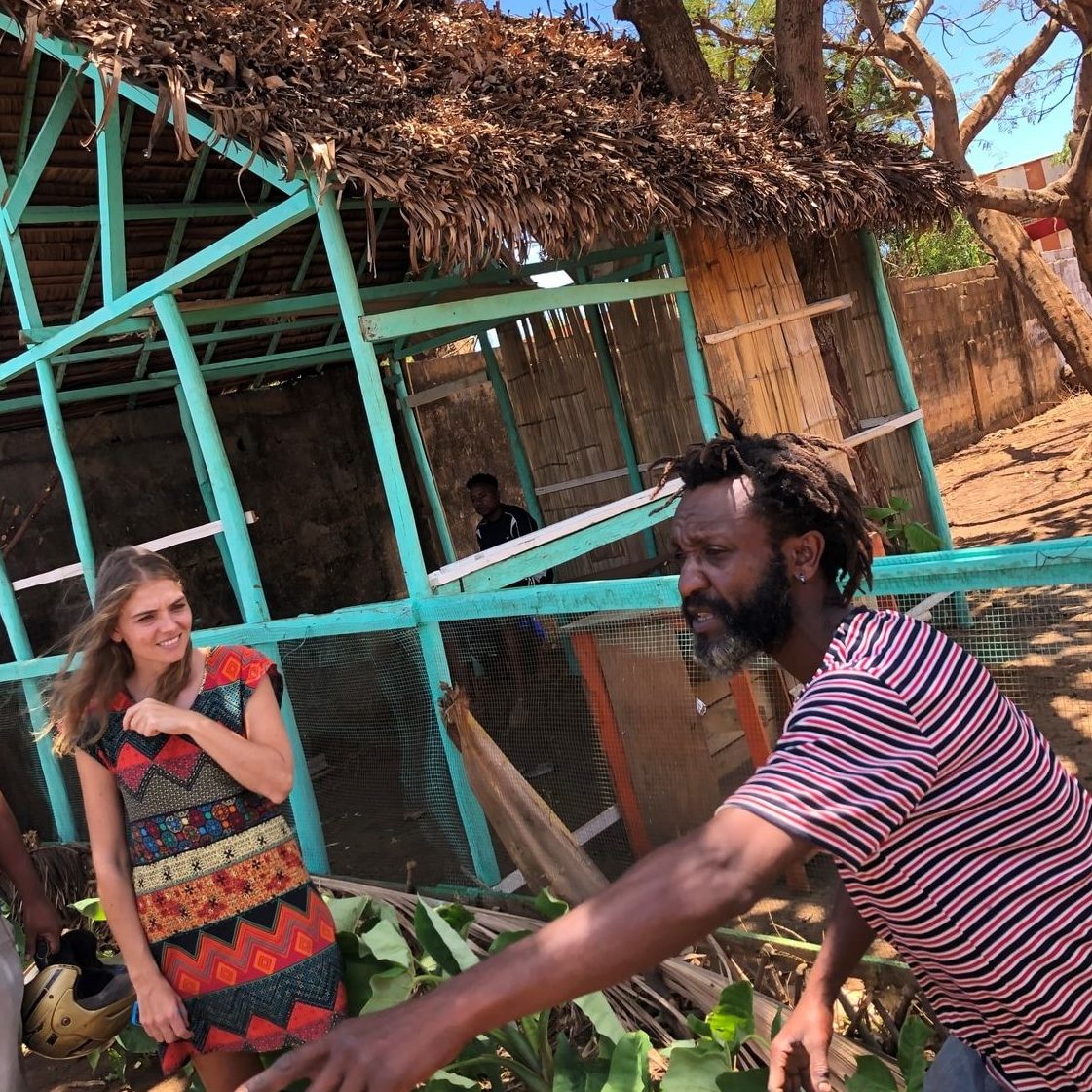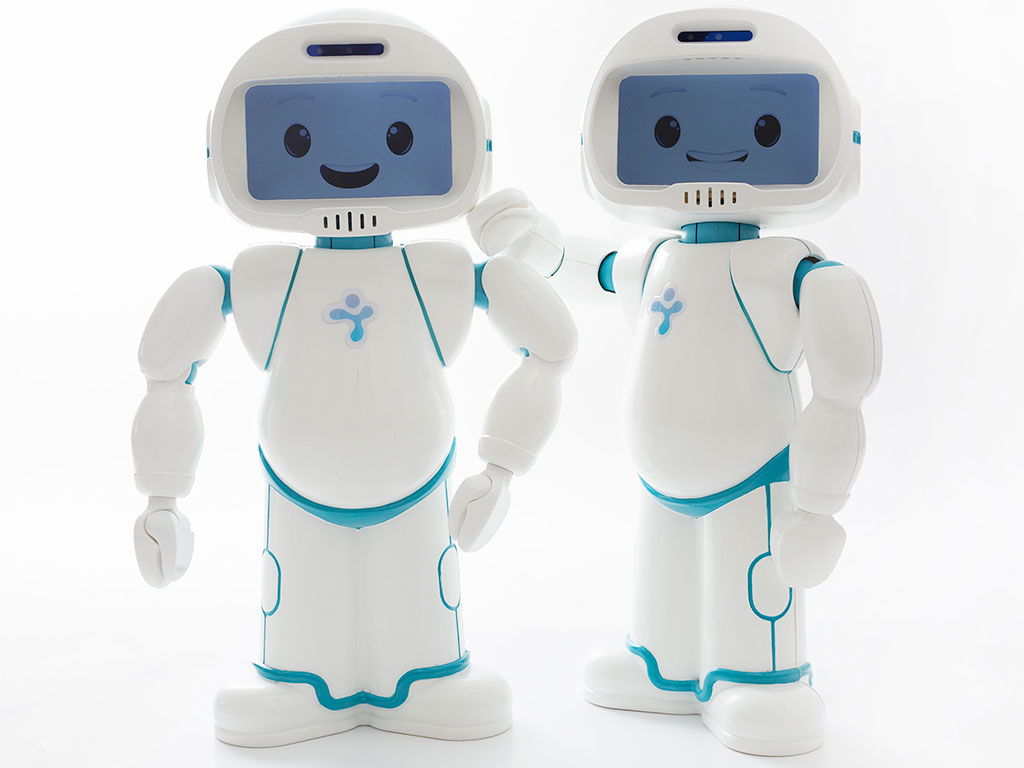The origins of Majany
The idea of creating Majany arose in 2013 following the decision and the generosity of several private individuals who wanted to make their contribution. Their financial generosity made it possible to create this structure which aims to be sustainable, and which does not simply want to quickly distribute all the collected money.
Majany was founded on 7 April 2014 and since 2022 has been under the aegis of the Fondation de Luxembourg, which audits and controls Majany’s activities.
Areas of intervention
Majany has chosen to engage in the development of philanthropic projects evolving around the following areas:
- education
- the fight against poverty and precariousness
- the help for sick or disadvantaged children
- the help of people with disabilities
For whom?
- For people wishing to have a ready-made solution by choosing a project among those offered by Majany. These projects are selected after an audit and a field survey. As the costs are borne by Majany, the donor is assured that 100% of the donated amount will go to the chosen project.
- For people wishing to become philanthropists, we have a guidance programme to structure your project before you get started.
- For people wishing to leave their estate to a philanthropic cause and who want Majany and the Fondation de Luxembourg to continue to manage their donation.
Who are we?
- Majany is discrete, active in the areas of childhood, education, poverty and disability.
- Majany is recognised as being of public utility.
- Majany is managed in an experienced and transparent manner which is regularly audited by external structures.
Operating rules
Majany is independent and fully funded by private donations, it wants to be free in its actions within the framework of the areas of intervention that have been set.
Beyond purely philanthropic projects, we make sure to add the notion of “impact investing” in the projects that we support and develop. In other words, all the selected projects must show a societal return when they come to an end.
The Majany team
- The committee is chaired by Mr Frédéric Loridon as an independent director and is co-chaired by Mr Claude Meiers, Mr Laurent Meiers and Mr John Li. The latter have a long history in the field of philanthropy. Their experience has led them to also become involved in this structure, which has broad objectives so as not to limit Majany’s action in an overly targeted area.
- The committee can be assisted by other volunteer members ready to contribute their expertise to support the development of Majany.
Project financing method
n order to ensure the development of the charitable activity and guarantee its sustainability, Majany has built up a basic capital.
- The proceeds of this capital are used to finance our projects independently and to guarantee the “due diligence” to which the projects we support must respond: audit, local survey on site and meeting with volunteers, …
- These funds are also used to cover any ancillary or administrative costs so as to ensure that 100% of the donations collected go to the project you support.
- Majany undertakes not to exceed the maximum ceiling of 15% allocated to administrative operating costs.
Funding is done exclusively on the basis of private donations and contributions in kind such as free services, etc. In this way, Majany’s resources are preserved in a sustainable manner.
Fondation de Luxembourg
Fondation Majany has been hosted under the aegis of Fondation de Luxembourg since 2022.
As such, it benefits from the know-how of Fondation de Luxembourg, its long experience and expertise in the field of philanthropic projects, and its collaborators, with whom the Fondation Majany can constantly consult about the projects selected.
Projects arriving at the end of the selection process are thus still submitted for validation by the Fondation de Luxembourg.
The Fondation de Luxembourg also manages the day-to-day operations of the Fondation Majany, monitors the use of funds and oversees its activities on a continuing basis.
Methodology and selection of projects
Nowadays, potential donors face three main obstacles when they want to make a donation:
- Lack of confidence
- Lack of knowledge
- Lack of time
To anticipate these three obstacles, Majany selects projects that the philanthropist can support with confidence and in full knowledge of the facts.
The process for selecting our projects is defined in advance and meets specific criteria before entering the portfolio of projects that we support.
- The studied project must present a financial statement which will be analysed in detail. Operating costs and the allocation of donations should be identified and not exceed a certain percentage of donations (15%).
- The project must justify a societal return to the country where the project is developed.
- All costs for the audit, the field survey (in the case of a project outside Luxembourg) and any other “due diligence” to validate the project are borne by Majany.
- The project at the end of the support period (2 to 5 years) must be able to become “self-sustaining”.
Majany projects in Luxembourg and around the world
Majany supports 6 to 8 projects each year.
2/3 of the efforts are concentrated on projects in Luxembourg… and 1/3 of the projects are carried out in developing countries. Click on the different countries highlighted to discover the projects we support.




